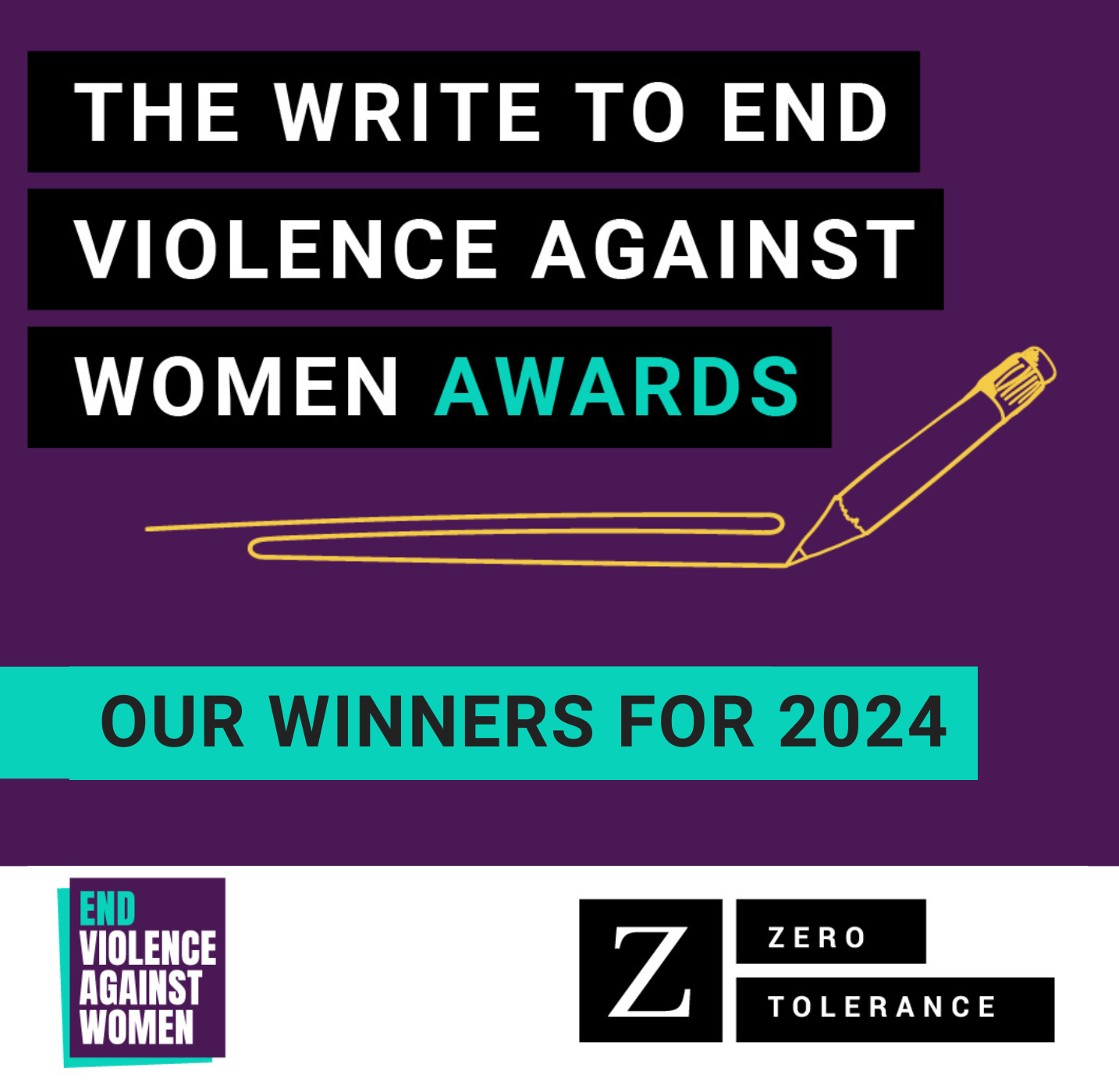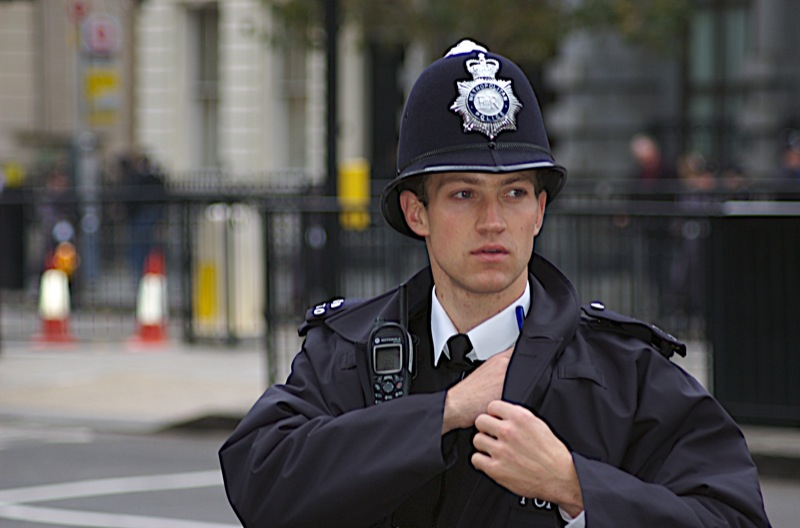 12 Dec
12 Dec
Today (Thursday 2nd November 2017) Southall Black Sisters (SBS) and the End Violence Against Women Coalition publish a new report showing what an “essential tool” the Human Rights Act is for women who need to challenge the police when they fail in domestic violence, rape and trafficking investigations.
The report comes as allegations of workplace sexual harassment and assaults which have been covered up for years continue to emerge following the Weinstein revelations, and calls on the Government to ensure the highest level of human rights protection for women is maintained as Brexit is negotiated.
The report, Violence against women and girls: Protecting women’s human rights and holding the state to account, is an authoritative and detailed examination of multiple cases of police failings in cases of serious violence against women and girls, and has been produced to convince those in Government and Parliament who may regard UK human rights protections as negotiable once Britain leaves the European Union.
Cases in the report include:
- A 21 year old woman with learning disabilities who was raped in a park and reported it immediately but the police failed to collect CCTV or forensic evidence
- A woman living alone in a rural area who reported serious and repeated sexual harassment and firearms threats from her neighbour and who was eventually forced to move after the police refused to act
- A 12 year old girl who was trafficked from Nigeria and forced to work as a domestic ‘slave’ but where police failed to respond adequately to reported assaults and left her with the person abusing her.
The report is published in advance of a Supreme Court judgement expected imminently where the Metropolitan Police, backed by the Home Office, are seeking a ruling that that police cannot be sued for failures that left violent serial rapist ‘black cab rapist’ John Worboys on the streets. Women’s groups intervened to press the Supreme Court to uphold women’s human rights including the right to protection from gender based violence (1), which imposes a duty on the Police to conduct adequate investigations into serious crimes of violence against women.
Pragna Patel, Director of Southall Black Sisters said:
“Our experience shows that the police and other parts of the state’s response to crimes of violence against women is too often not good enough. This is compounded by an inadequate police complaints system that means we can’t get them to recognise their failings and change the way they act, and as such severely restricts women’s access to protection, justice and equality.
“If the Rotherham child abuse cases and the Hillsborough disaster have taught us anything, it is the need to ensure that we can hold the police to account for their failings. The police have a duty to protect women from violence, and this includes investigating crimes of violence thoroughly when they occur. If they fail in this duty women are disproportionately left at risk and must be able to invoke the Human Rights Act. This is shown clearly in the Worboys case and sadly many others.
“Everyone who cares about human rights must now look behind the Government’s rhetoric on violence against women and on human rights. If women’s human rights are watered down, it will embed a culture of institutional tolerance or indifference to gender-based violence. Now is the time to defend women’s rights as human rights.”
Rachel Krys, Co-director of End Violence Against Women Coalition said:
“As we wait for the decision on the Worboys case from the Supreme Court, we’re publishing this report to show the importance of the Human Rights Act, and how human rights can be used to challenge the way our public services respond to violence against women and girls.
“The stories which women have shared over the last few weeks about endemic levels of sexual harassment and violence across our institutions and workplaces, show that too often an institutional culture of disbelief and trivialisation of violence against women continues to pervade the system. This culture is proving difficult to shift. Time and again, we see the consequences of state failures to respond adequately to abused women and girls who are often re-traumatised when denied access to protection and justice.”
Nogah Ofer, lead author of the report said:
“Human rights are an essential tool in protecting women from violence and ensuring our public services, like the police, are doing everything in their power to prevent violence. When women are failed by the institutions which are meant to keep them safe, there has to be a way to hold them to account, the Human Rights Act is the only way to do that in practice.”
Violence against women and girls: Protecting women’s human rights and holding the state to account is published today and includes stories of catastrophic failings by the police. The report calls on the Government and all who have influence to protect human rights as they negotiate Brexit, and to understand the unique place they have in ensuring women’s safety.
Notes:
- The EVAW Coalition, nia, Rape Crisis England & Wales, and Southall Black Sisters, as expert women’s organisations with decades of combined experience in supporting women who face violence, intervened together in the Worboys Supreme Court hearing in May. The women’s organisations have appealed to the judges to consider women’s specific needs and rights to protection from violence.
Recommended ARTICLES
 12 Dec
12 Dec
 25 Nov
25 Nov
 15 Nov
15 Nov

